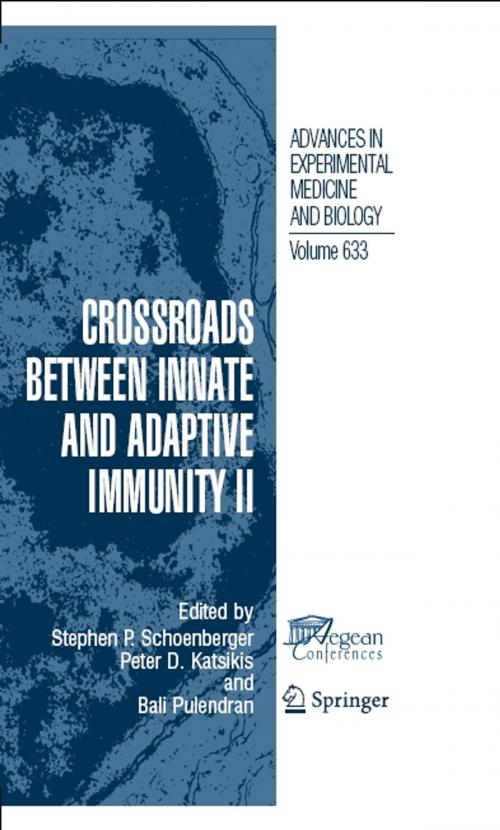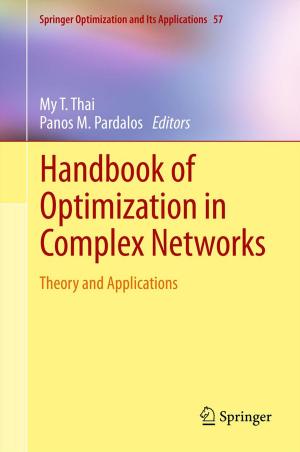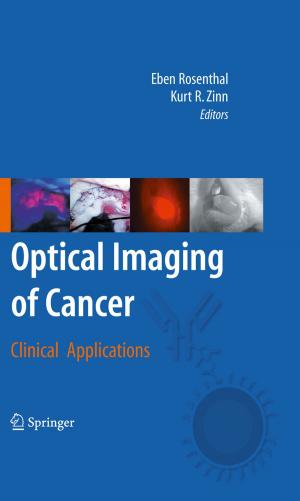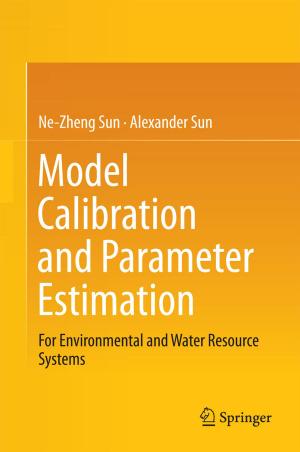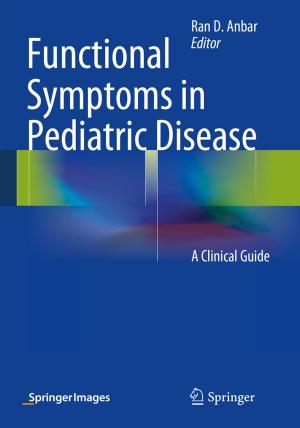Crossroads between Innate and Adaptive Immunity II
Nonfiction, Health & Well Being, Medical, Medical Science, Immunology, Science & Nature, Science, Biological Sciences, Microbiology| Author: | ISBN: | 9780387793115 | |
| Publisher: | Springer New York | Publication: | December 10, 2008 |
| Imprint: | Springer | Language: | English |
| Author: | |
| ISBN: | 9780387793115 |
| Publisher: | Springer New York |
| Publication: | December 10, 2008 |
| Imprint: | Springer |
| Language: | English |
Aegean Conferences is an independent, nonprofit, educational organization directed and managed by the scientific community. The board is made up of nine researchers/scientists in various disciplines from Harvard, Brown, University of Pennsylvania, UCSD, Princeton, Biovista and the Foundation for Biomedical Research Academy of Athens. The board both invites and approves unsolicited proposals for Conferences in all fields of Science, Engineering, Arts, and Humanities. The purpose of the Conferences is to bring together individuals with common interests to examine the emerging and most advanced aspects of their particular field.
This volume will include mini-reviews derived from work to be presented at the Aegean Conference: Second Crossroads between Innate and Adaptive Immunity, in Crete, Greece, June 17-22, 2007. This meeting is designed to serve as a forum to discuss the most recent progress in complement research as it pertains to human disease pathogenesis and therapeutics. The rapid pace of development in complement basic research and the advent and application of new experimental approaches in this field have now allowed us to take an integrated view of the in vivo biology of the complement system. The availability of new reagents (e.g. synthetic and recombinant inhibitors) and animal models (e.g. transgenic and knockout mice) has enabled us to address, in an in vivo setting, its involvement in various pathophysiological conditions. Such studies are shedding new light on the pathogenetic mechanism of complement-related diseases such as autoimmune diseases and inflammatory tissue damage as well as defining new areas of high interest such as the developmental biology of complement. They also provide the basis for developing new therapeutic strategies for these diseases through manipulation of in vivo complement activity. This volume will serve as a resource where the latest development in these specific areas will be discussed in a more focused and detailed manner.
Aegean Conferences is an independent, nonprofit, educational organization directed and managed by the scientific community. The board is made up of nine researchers/scientists in various disciplines from Harvard, Brown, University of Pennsylvania, UCSD, Princeton, Biovista and the Foundation for Biomedical Research Academy of Athens. The board both invites and approves unsolicited proposals for Conferences in all fields of Science, Engineering, Arts, and Humanities. The purpose of the Conferences is to bring together individuals with common interests to examine the emerging and most advanced aspects of their particular field.
This volume will include mini-reviews derived from work to be presented at the Aegean Conference: Second Crossroads between Innate and Adaptive Immunity, in Crete, Greece, June 17-22, 2007. This meeting is designed to serve as a forum to discuss the most recent progress in complement research as it pertains to human disease pathogenesis and therapeutics. The rapid pace of development in complement basic research and the advent and application of new experimental approaches in this field have now allowed us to take an integrated view of the in vivo biology of the complement system. The availability of new reagents (e.g. synthetic and recombinant inhibitors) and animal models (e.g. transgenic and knockout mice) has enabled us to address, in an in vivo setting, its involvement in various pathophysiological conditions. Such studies are shedding new light on the pathogenetic mechanism of complement-related diseases such as autoimmune diseases and inflammatory tissue damage as well as defining new areas of high interest such as the developmental biology of complement. They also provide the basis for developing new therapeutic strategies for these diseases through manipulation of in vivo complement activity. This volume will serve as a resource where the latest development in these specific areas will be discussed in a more focused and detailed manner.
